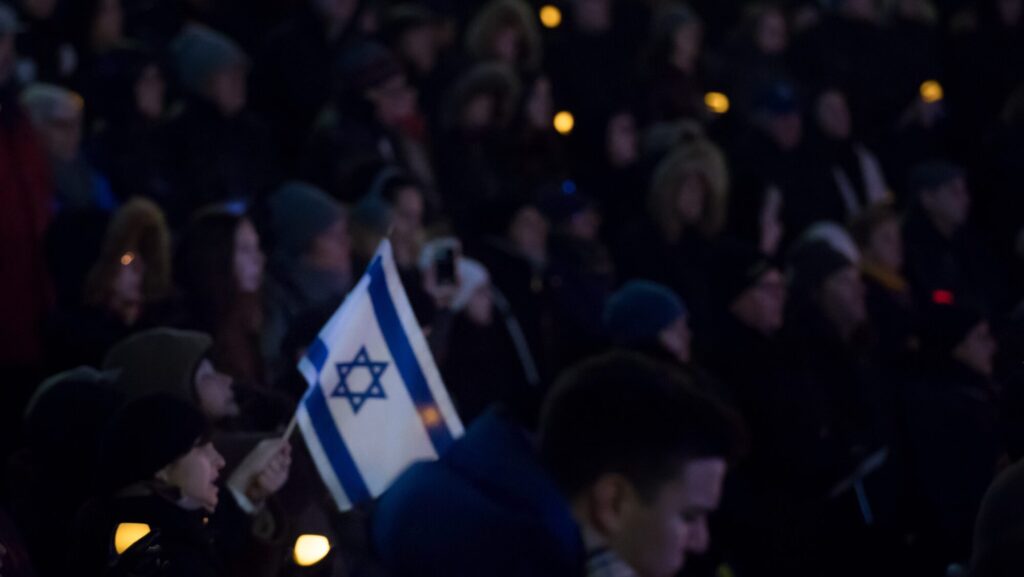
We should stand with Israel against genocidal Islamists, and for Western civilisation against the forces of barbarism, old and new.
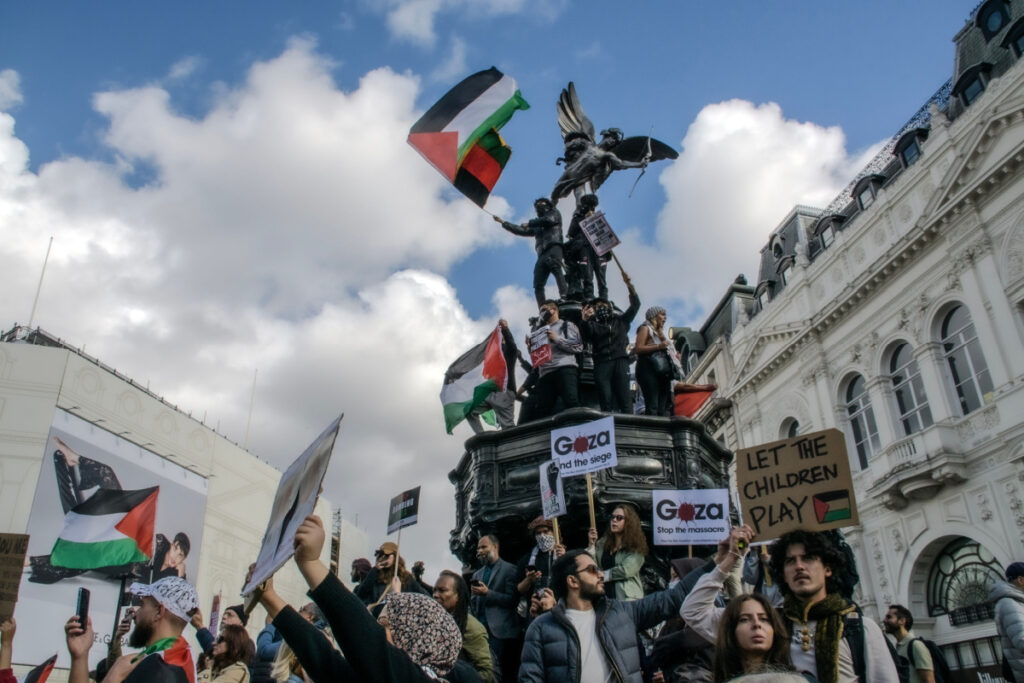
We have a fifth column in our midst. Now we see the true face of the enemy: radical Islam.

A now-sacked advisor led chants of “from the river to the sea.”

Israel’s President is right; if they lose, Europe’s next.

There is a great irony in how the auto industry relies on its most fuel-thirsty vehicles in order to afford building EVs.
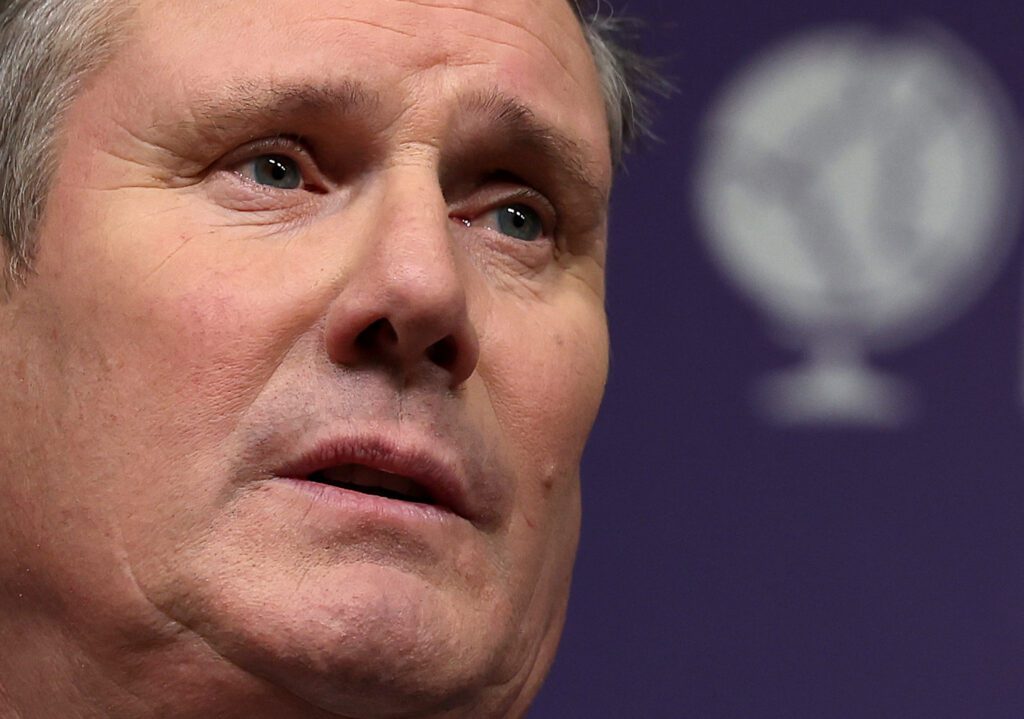
Starmer tweeted: “Islamophobia Awareness Month comes at a deeply troubling time for Britain’s Muslim communities. The recent surge in Islamophobia is devastating.”
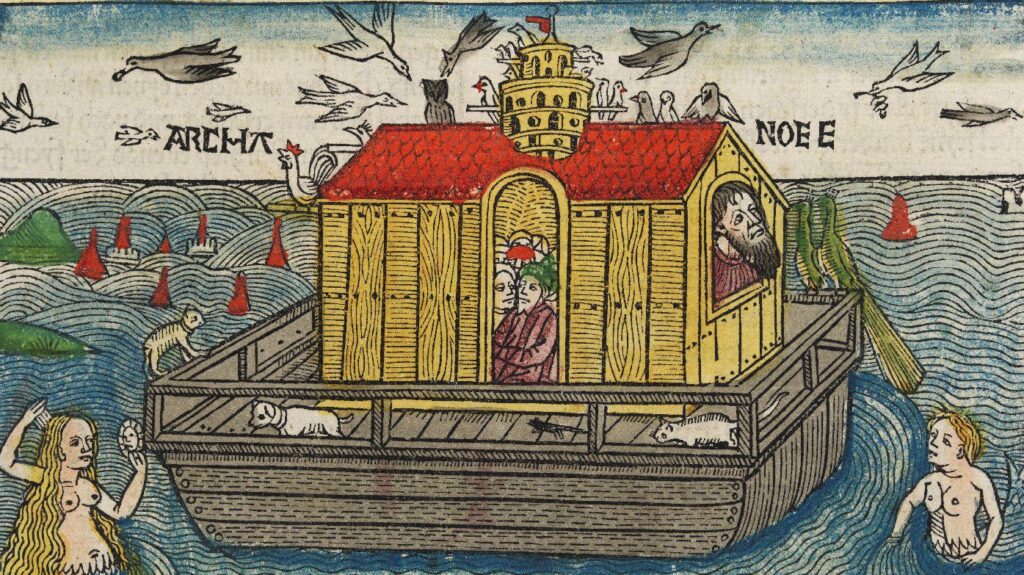
This flood cannot be escaped, only survived. This is why we must build arks: to carry us across the raging waters to dry land in the future.
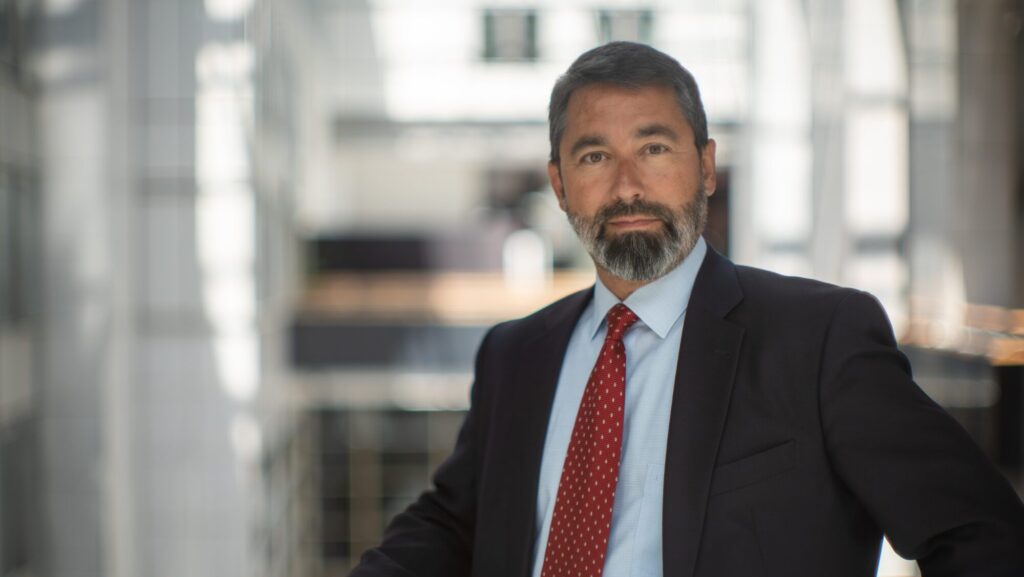
Having children is a responsibility; it takes sacrifices, but it is also the greatest gift and the highest level of human fulfilment.

Don’t let the European Union or anyone else coerce you into violating the rights of Italian children.
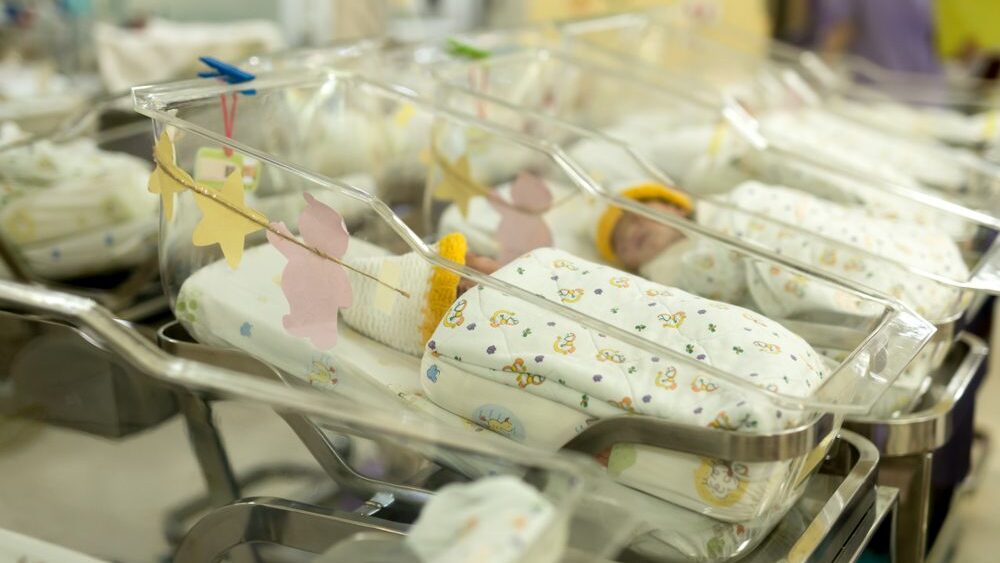
Think baby factories are a thing for science fiction? Think again. A Swedish lawmaker wants his government to start researching the idea.
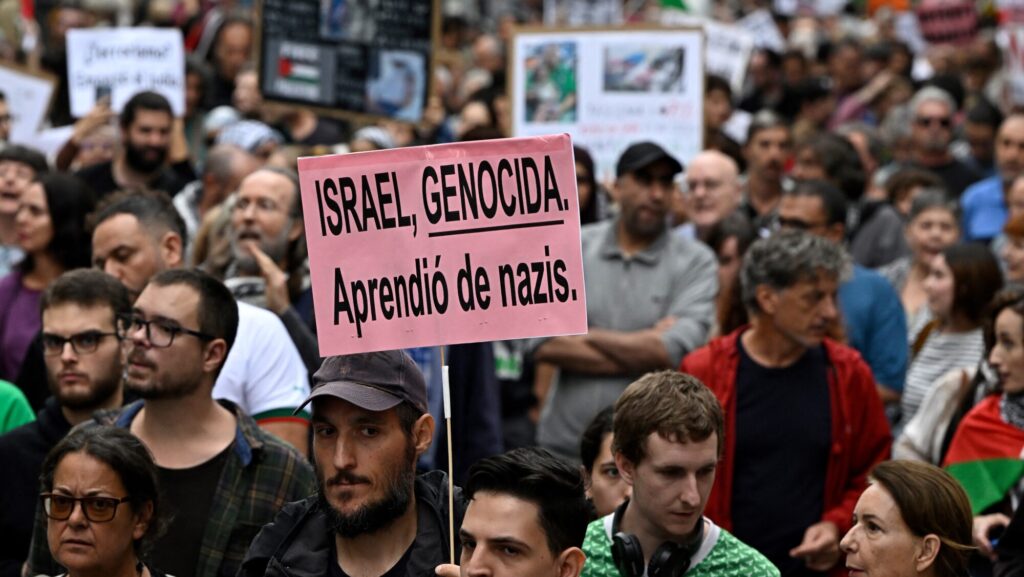
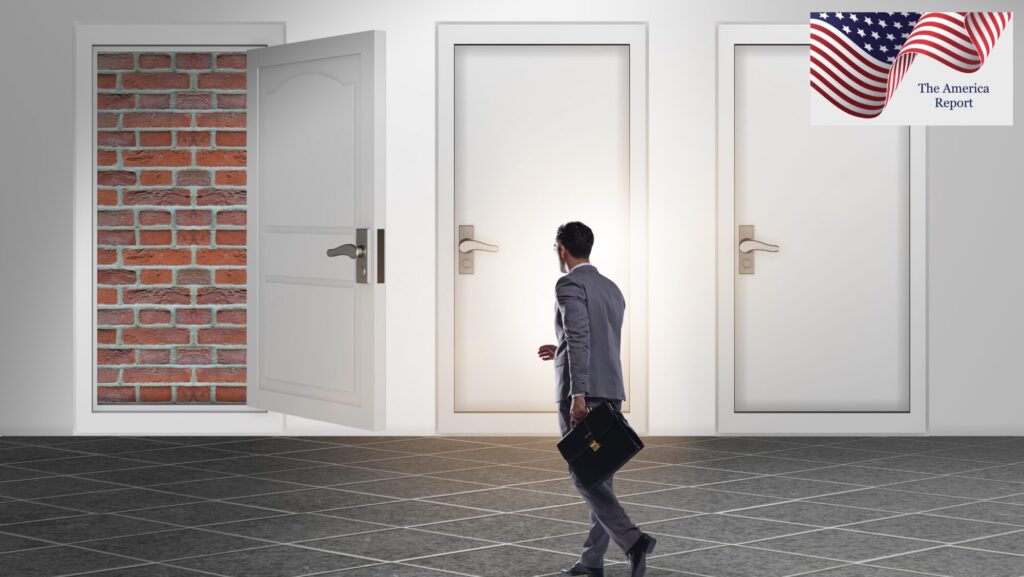
The House of Representatives finally got a new Speaker. He starts off boldly, promising big achievements—while dressing his most important idea in worn-out garments.


The main duty of the government must be to ensure that ethno-religious blood feuds in foreign lands are not allowed to flare up in our own towns and cities.
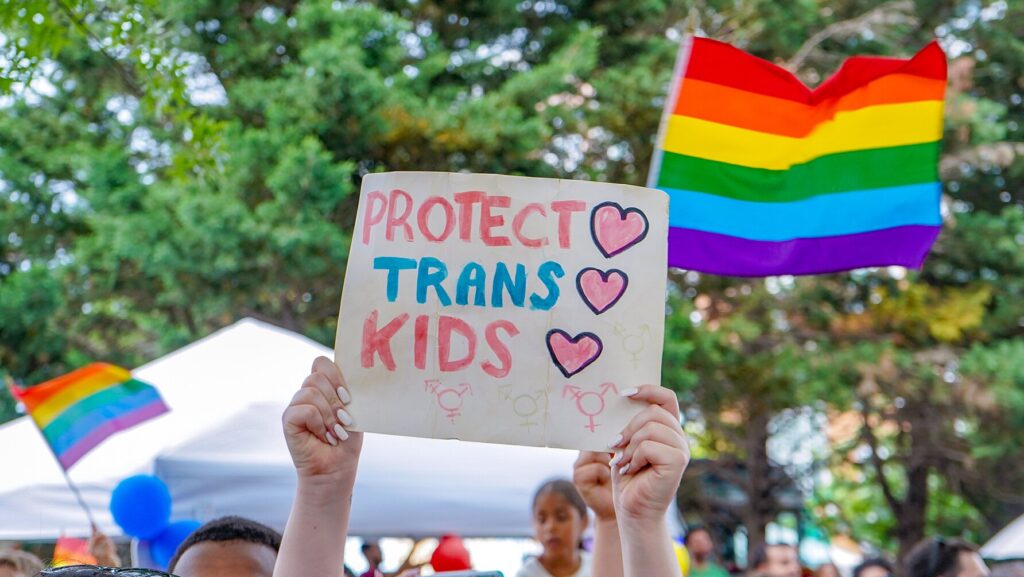
When the trans experiment comes crashing down, they will come after us with a vengeance. We will be blamed for their misery.

The whole world must now see that when Hamas say, “Free Palestine,” it means to eradicate the Jews from Israel by any means, however brutal, however barbaric.
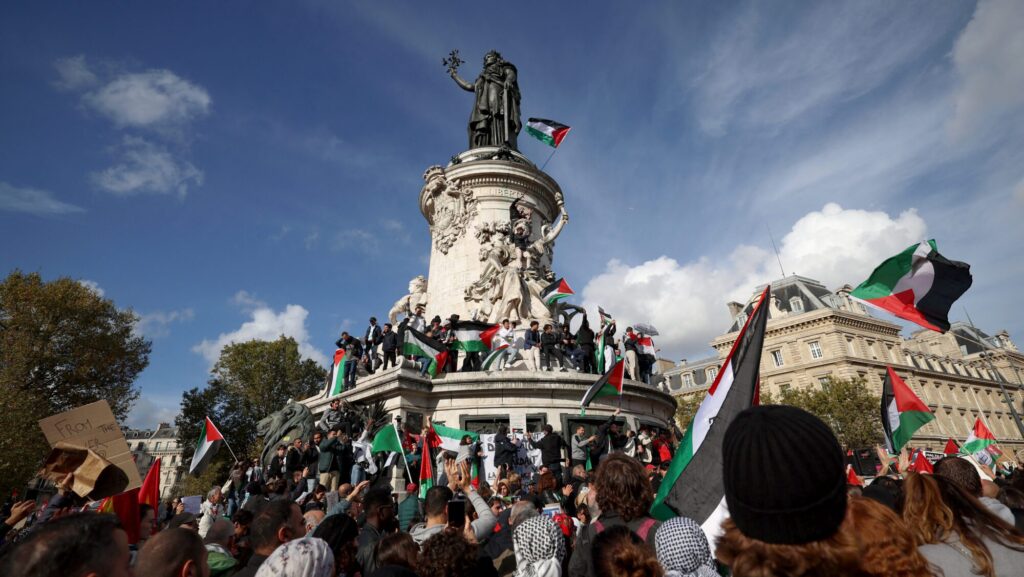
The evidence of what we in the West have done, and our cowardice, is now visible on the streets.
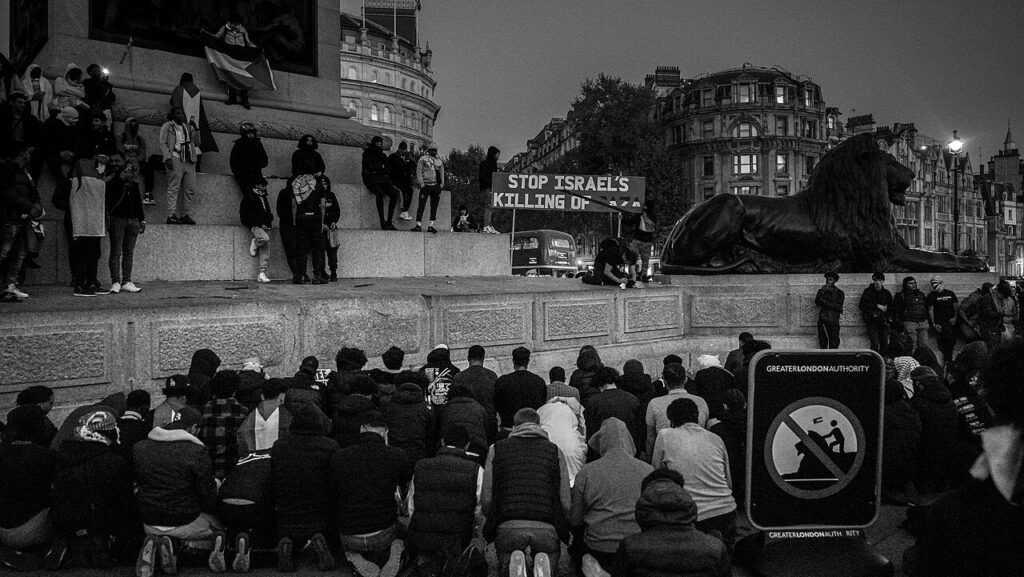
If the authorities truly intend to treat Islam with kid gloves in perpetuity, they might as well roll out Sharia law nationwide.
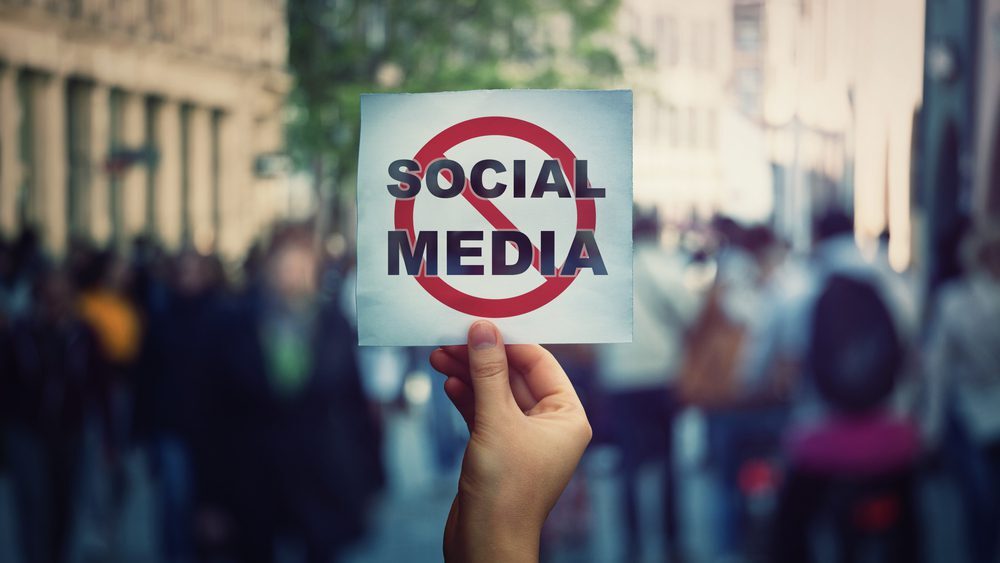
The EU is using the Israel-Hamas conflict as a fig leaf for extending its control of the internet—but online censorship will not solve the problem of Islamism.
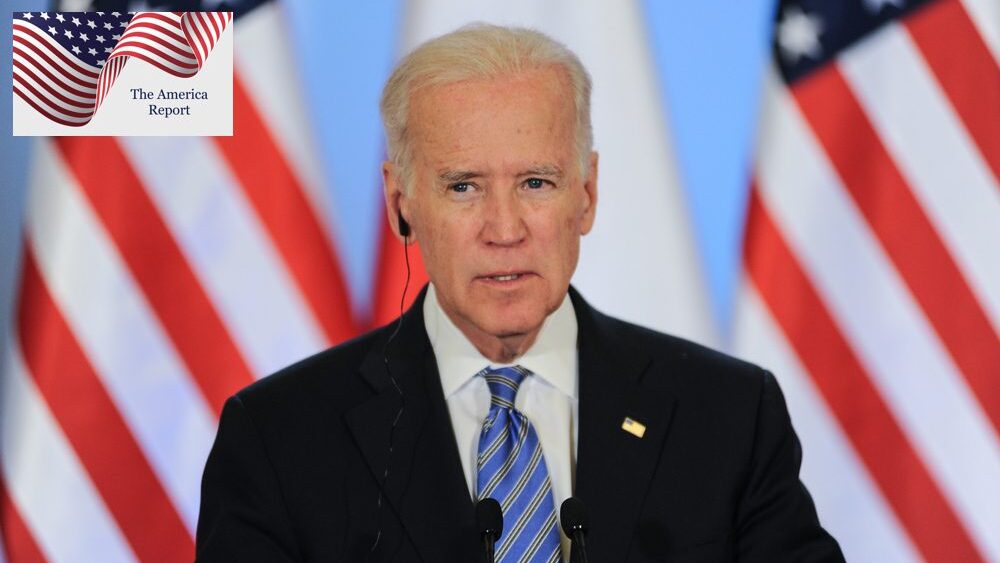
With his speech to the nation, President Biden just foreboded a tectonic shift in the American political landscape.
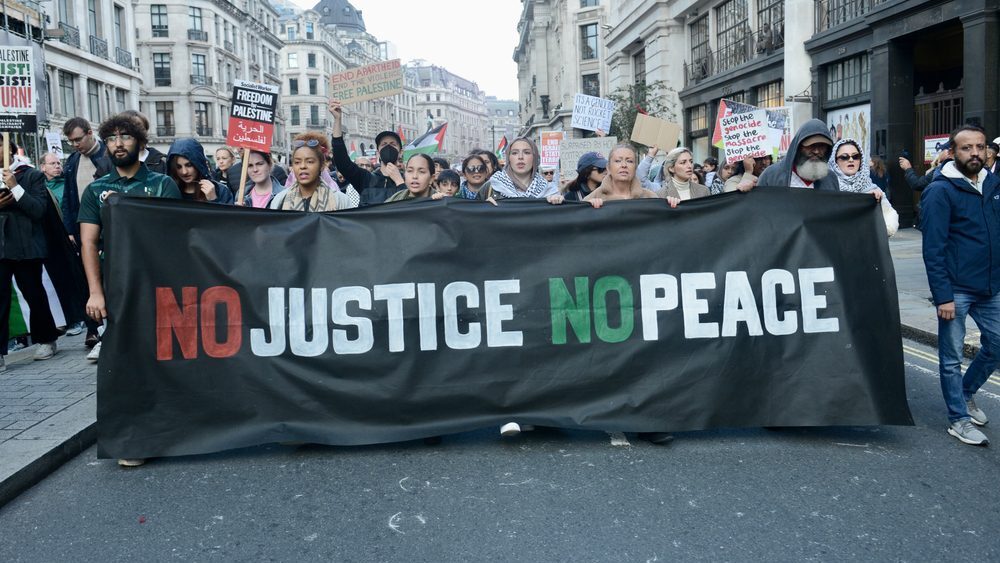
If the Labour Party do accede to power, God help the British Jewish population, because no one in Westminster will.
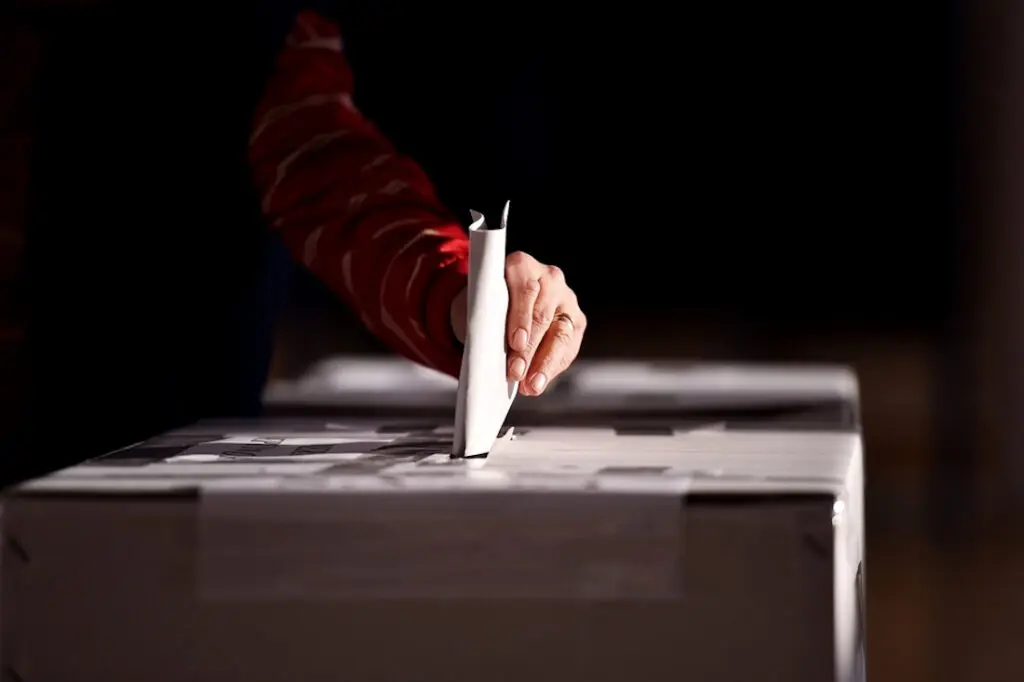
Reactions to elections in Poland and Germany show how Europe’s elites twist ‘democracy’ to mean whatever suits their interests
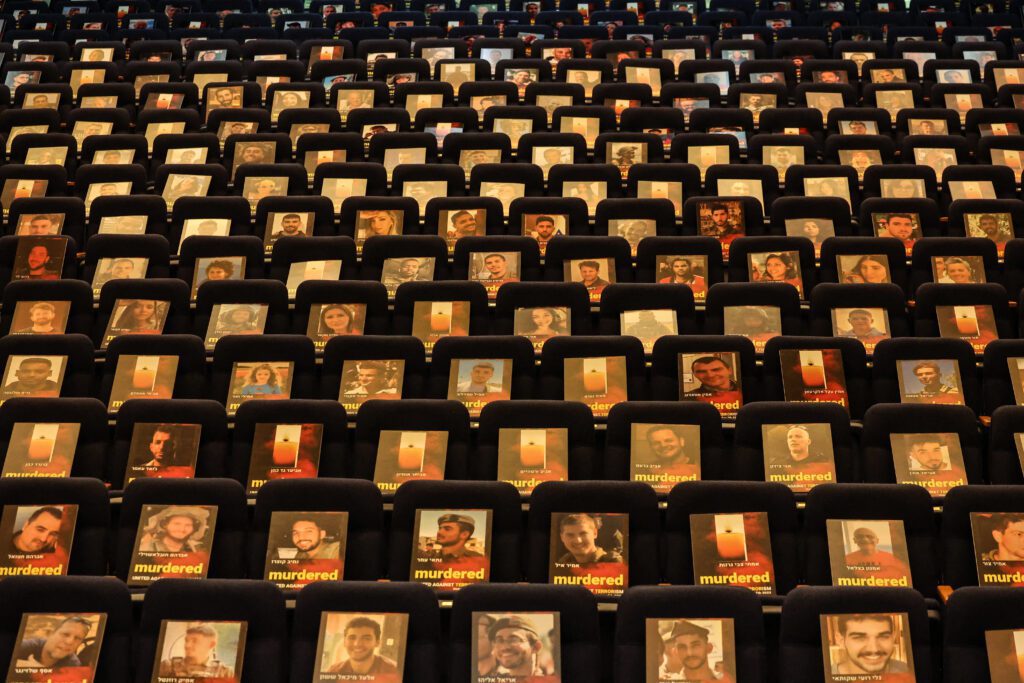
Gaza shouldn’t receive a single cent from the West until the hostages are free. But you watch: we’re all going to throw money down that sinkhole.
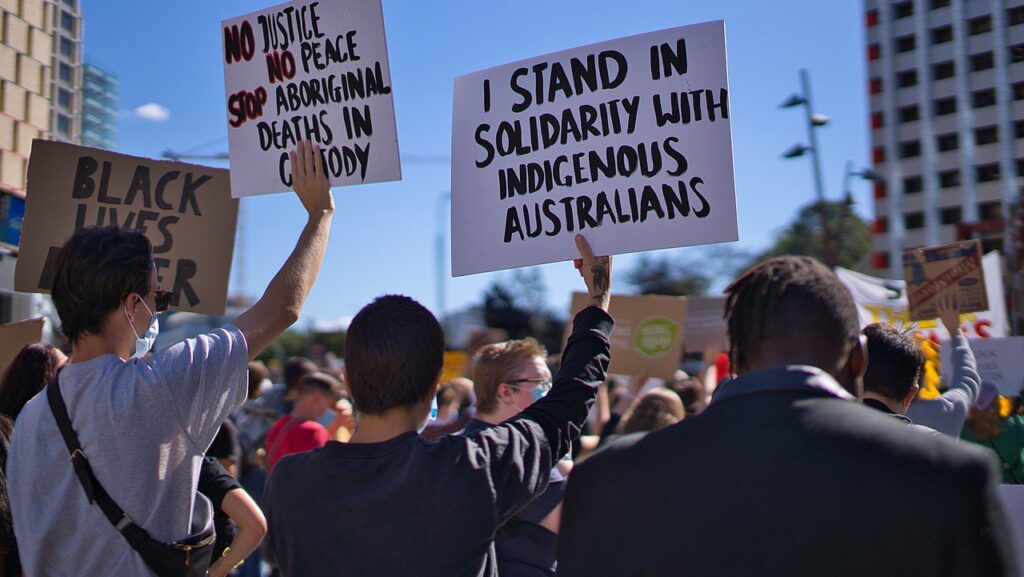
The ‘No’ campaign’s victory in the referendum on an Indigenous Voice to Parliament was an act of insurrection against the progressive establishment.
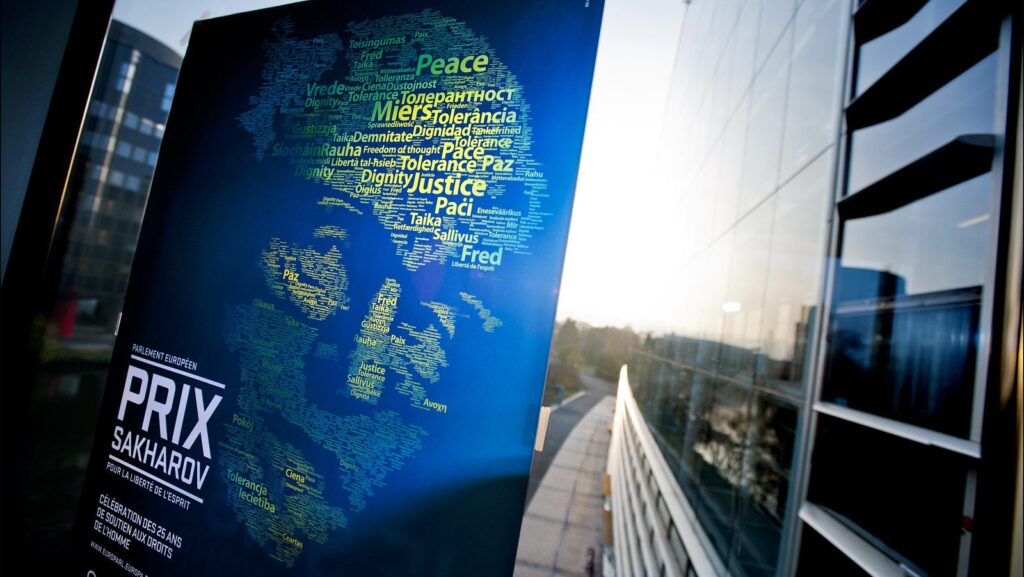
Bishop Álvarez is committed to securing a better future for his beloved Nicaraguans.
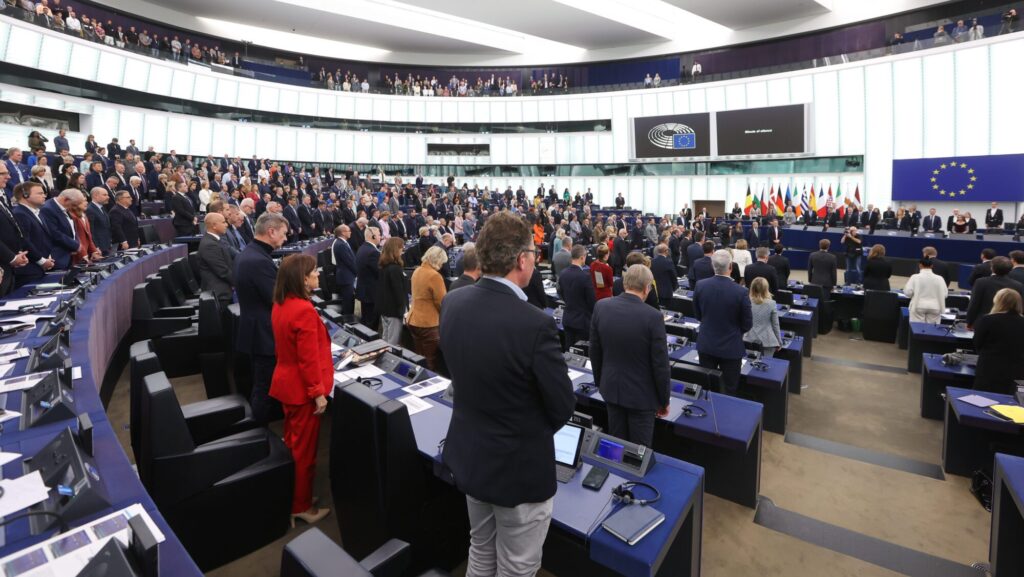
Apparently, illegal migration has nothing to do with terrorism, but at least the EU Parliament knows how to avoid further deaths: by making Europe more open.
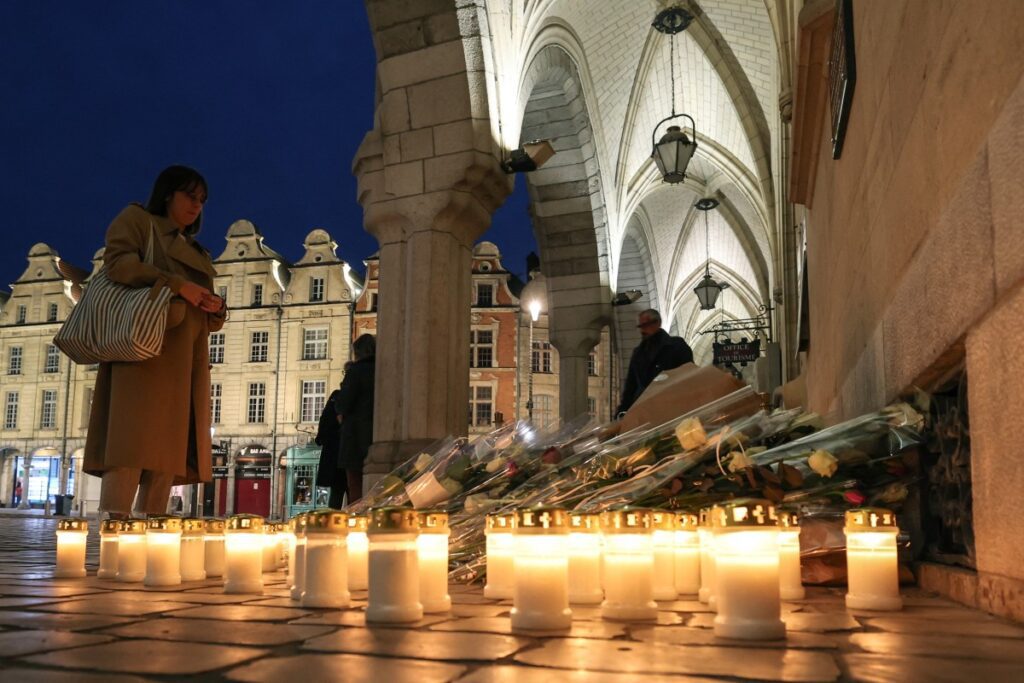
The killer should never have crossed the teacher’s path.
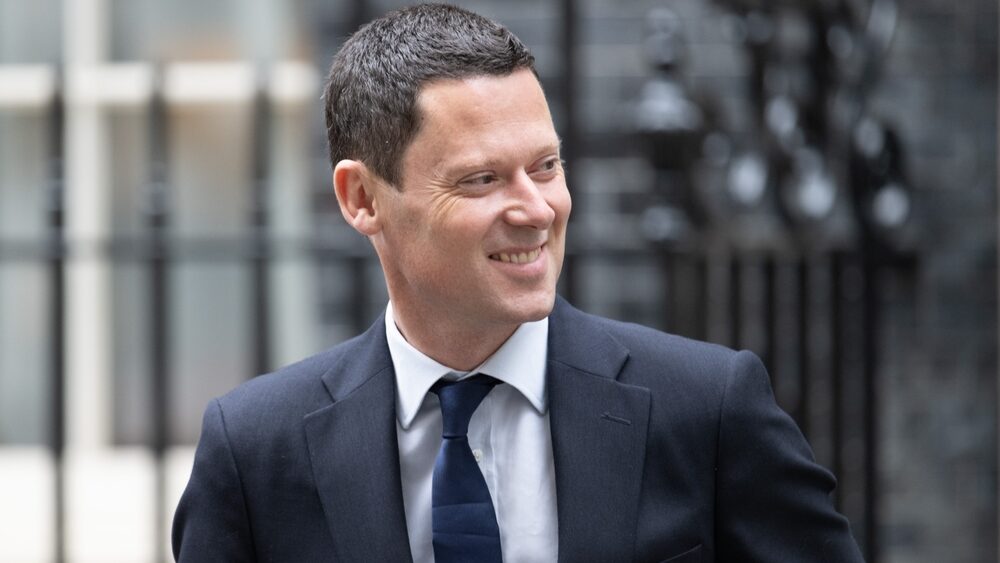
Government officials are using heavy-handed imagery to justify weak-willed action.
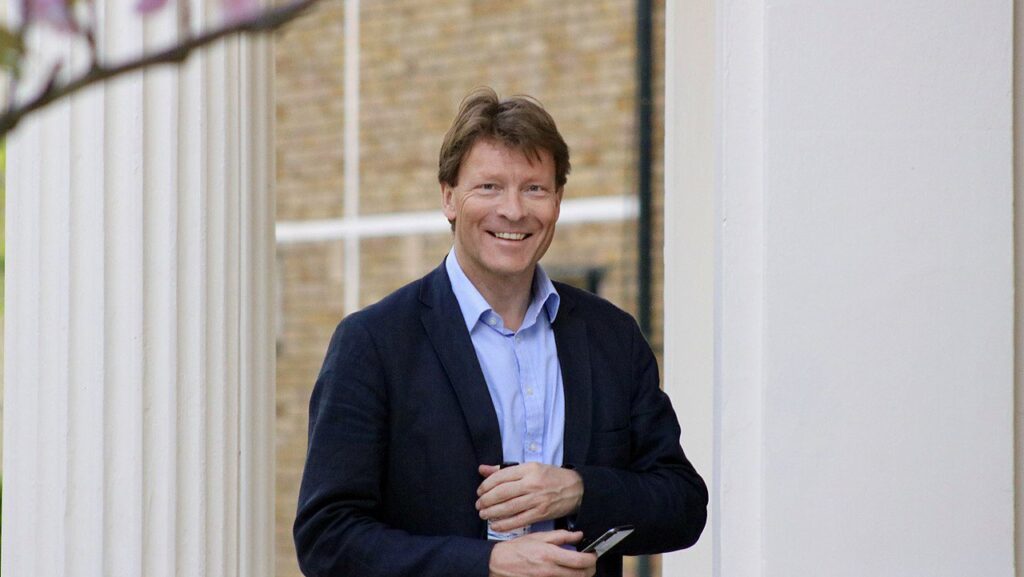
Nigel Farage’s former political vehicle appears to have polished up its act.
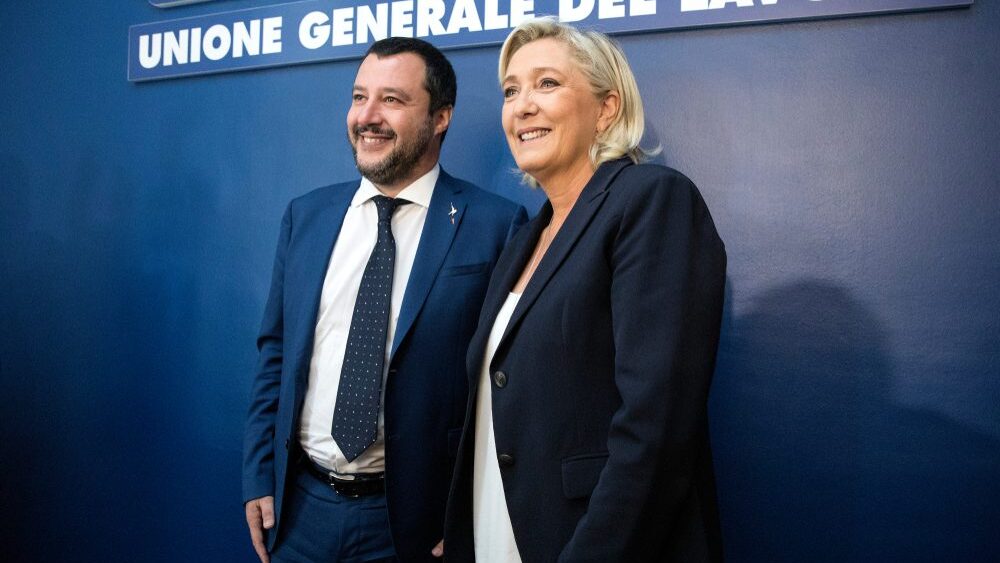
The Le Pen-Salvini axis, a pillar of support for ID in the European Parliament, is standing firm with the election slogan “The Europe of nations, in defence of our identities and freedoms.”